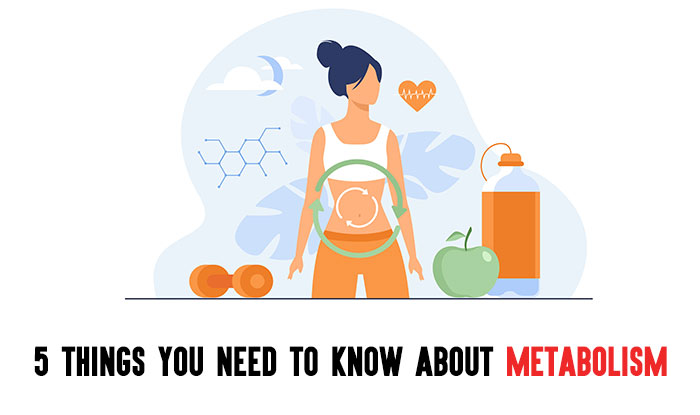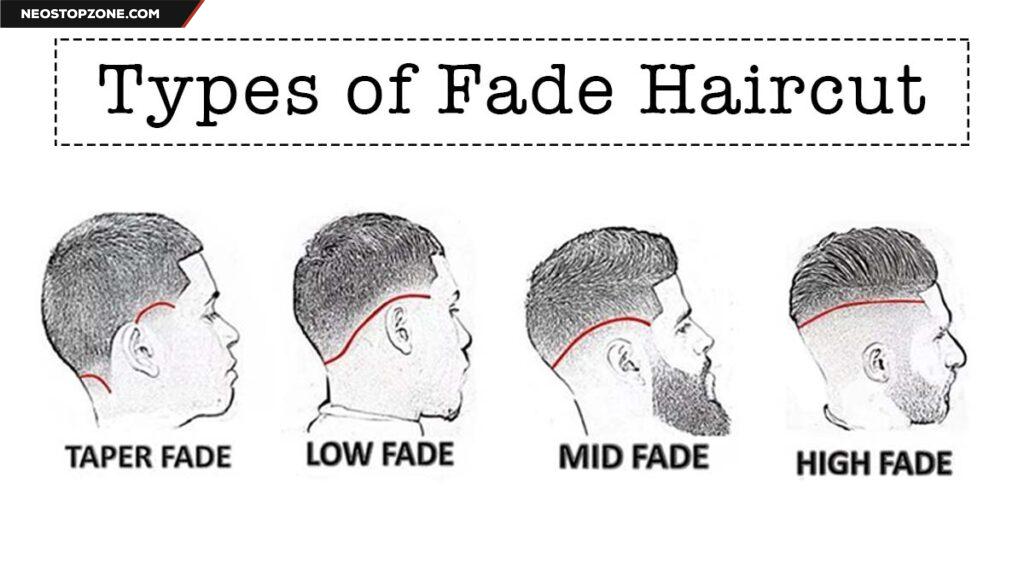5 Important things you must know about your own Body’s Digestive System and circulation of Energy throughout Your Body, also known as Metabolism
What is your metabolism? Can it be faster or slower? Are you more likely to gain weight by having a slow metabolism? Does your metabolism rate really decrease when you eat?
These are the questions that we are going to provide some clarity in this article.
1. Your Metabolism is more than One Simple Thing
We often refer to our metabolism as an eccentric thing, like it is a black box or a small engine that goes into stuff and then exits. But in reality, our metabolism structure is a collection of many little things. In fact, our metabolism is the sum of all metabolic processes in our body.
One of the simplest ways to understand your metabolism is to refer to it as your total energy expenditure. This means that your metabolism works out all the energy of your body. We will mention that our total daily energy expenditure is.
What is the total daily energy expenditure (TDEE)?
- Resting metabolism.
- Thermic Effect of food.
- Physical activity.
RESTING METABOLISM – Your resting metabolism is the sum of all metabolic processes that are necessary for you to live. This means that your cells use energy in tasks such as breathing, thinking, pumping blood, etc. This represents approximately 60–70% of your TDEE.
Thermic Effect of Food(TEF) – This is just the energy when you need to extract the energy you get from your food. This is a relatively small amount of energy and is about 10% of your total daily energy expenditure (TDEE).
Physical Activity – The final piece that makes up your TDEE is your physical activity, which means the amount of movement you do throughout the day. It is often divided into two distinct categories: physical activity that results from structured exercise and physical activity from non-structured exercise.
2. Your Metabolism Adapts Itself
Most of us perceive our metabolism as something that we do not control. But as it turned out that this is not the case.
First, you know that it is more than one thing. It is a collection of many different things in your body and its functions. Also, you have some control over it or at least parts of it.
Second, your metabolism is quite “adaptable”. It will adjust based on what you have done in your daily life. Let me explain these two ideas with some examples.
In more interesting studies of the 1990s, scientists tested to see what happens to people when they increase or decrease their calories. He found that when you increase people’s calories, something very interesting happens: they start burning more calories.
Primarily, they increase their non-exercise physical activity; They started moving around more. There is also a slight increase in their resting metabolic rate, some of which comes from the increased thermic effect of food, but some of it also comes from the increased mass of the body.
The same thing happened when he decreased his calories, but in the opposite direction. When people reduced their calorie intake, their physical activity decreased, as did the thermic effect of their food and resting their metabolism from body mass.
In short, their metabolism was adapted to the landscape of exposure to their bodies.
3. YOUR CLEANLINESS IS MORE IMPORTANT THAN YOU PROBABLY THINK
While our resting metabolism makes up the most important part of our metabolism, it does not change as much as people think it does. It does not play the most prominent role in weight loss or weight gain. Most studies that examine resting metabolic rate find that it does not predict weight gain or weight loss.
Aside from your resting metabolism, your non-exercise activity thermogenesis (NEAT) is one of the most essential aspects of your metabolism.
Easily, it is also the most controllable.
One study has found that a person’s NEAT was almost single-to-one that determined that some people who do more weight gain more weight, and why others don’t.
In addition, two studies followed the contestants of the weight-loss television show The Biggest Loser, which found that their physical activity, including their NEAT, was the most important predictor that they regained the weight lost from the show And who did not.
4. YOUR METABOLISM RATE DOESN’T DECREASES.
There is a meme that exists that people may have a broken metabolism that causes them to gain weight. Fortunately, there is no evidence to suggest that metabolism may break down.
Certainly, when you lose bodyweight, move less, and have fewer thermic effects of food, your metabolism may decrease.
Your metabolism may also decrease if you have significant hormonal issues such as hypothyroidism. But your metabolism is not something that “breaks down”; It naturally gives the stimuli that you give it.
5. YOUR RESTING METABOLIC RATE ISN’T USEFUL FOR WEIGHT LOSS
There are several ways to measure metabolic rate, some more accurate than others. However, the accuracy of these tests is not highly significant because a person’s metabolic rate is not more useful for several reasons.
First, we cannot add resting metabolic rate to a meaningful degree through diet or exercise.
Second, when we look at most of the research, relaxing metabolism matters a lot for weight loss. Your food intake and your NEAT are far more important for your weight loss efforts than your resting metabolic rate.


